How Indian nationalism today is simply about identifying anti-nationals

Sulthana Shams is a curious observer of the universe and a lover of words. Basically from Ernakulam, Kerala, she is currently pursuing PhD in Data Analytics and Privacy at Trinity College Dublin.
(This article won the best prize in the Republic Day OpEd contest organized by The ArmChair Journal)
There is an emotion kept guarded all the time, which is at once more powerful than we can imagine. Wielded perfectly, it has the power to rise and reshape the world and its lives. George Orwell describes it as “a habit of mind, now so widespread that it affects our thinking on nearly every subject” [1]. He calls it ‘Nationalism’ for the lack of a better word and goes on to clarify that the emotion does not attach itself only to a nation or territory, but could be a church, a class, or merely against something, without the need for any object of loyalty.
Nationalism should not be confused with patriotism. Often the two terms are used interchangeably and believed to connote the same feeling. It is, I think, essential to distinguish between them.
Should it be patriotism
In patriotism, I see an unconditional devotion to a territory or even a specific culture or way of life. It does not take in on itself – a coercion, or attempt a forceful recognition of the feeling in others. At the same time, nationalism demands to be recognized, realized, and accepted. Patriotism is defensive, but through it, I passionately attempt to safeguard my values, my culture, and my country. Still, no struggle is won with patriotism alone. It needs a leader, a stimulation, and be combined with action to produce results in the event of suppression.
Nationalism demands to be felt. It requires agreed-upon freedom, prestige, and life in the name of the unit it chooses to identify itself with. Often nationalism is perceived as a desire for power. In his book, ‘Notes on Nationalism,’ George Orwell says, “Nationalism is power-hunger tempered by self-deception.”
Nationalists could be positive or negative, but they see history only as a series of rise and decline of one unit over the other, a binary view of events as the success of their group over the other or oppression of their group by the other. This can make a nationalist stick to his unit despite overwhelming evidence against. A nationalist believes he is working for something bigger than himself, further cementing his belief that he is not wrong [1]. This very nature makes Orwell see nationalism as an unnecessary ingredient, perhaps even a dangerous entity with more negative potentials.
But I would like to take a different stand. I would like to gently step aside from his viewpoints by looking at the Indian nationalism weaved during our freedom struggle and then came back to the present where it, unfortunately, has taken the form as painted by Orwell.
India first met nationalism during our struggle for freedom. It took its form as an anti-colonial sentiment that permeated across religion, caste, creed, and culture to unite people. It brought a collective consciousness in people to attain self-rule. A remarkable aspect of the nationalist movement that started with the formation of the Indian National Congress in 1885 is that at no point it witnessed a loss in the individuality of its participants. Orwell specifically points out the loss of individuality and sinking into a chosen or identified value- as a slightly unhealthy aspect of nationalism, which interestingly was missing in Indian nationalist movements.
The freedom struggle in India was a liberation not only from the Britishers but also from ourselves. Our fight commenced against our beliefs, social practices, and oppression inherent in our discriminatory social structure. It then took on the fight against the foreign invaders. The Indian nationalism then was one where there was no place for deception, denial or blind belief, no place for dichotomy, and no site for servile dependence. The nationalist movement saw India shed practices that made it backward, saw India pushing the women to be independent, to be educated, and to raise their voices. The essence of nationhood lay in combining our disunited clusters. This understanding was the first step in reviving our acceptance of differences, which led to the recovery of India.
“We have to give back to the nation its lost individuality and raise the masses..” said Swami Vivekananda [2]. ‘Nationalism – not just in the sense of overthrowing the foreign ruler, but in the sense of national reawakening’ became a prominent theme in Vivekananda’s thought and later the vision, mission, and action of commoners and leaders alike in our struggle for freedom.
How Indian nationalism today is different
Seventy-two years later, we met with nationalism again. But this time, its aspects have changed, its ideals have changed, and its goals have changed. The nationalism today has precisely the features that Orwell warned the world of.
“By nationalism I mean first of all the habit of assuming that human beings can be classified like insects and that whole block of millions or tens of millions of people can be confidently labeled ‘good’ or ‘bad’ “ says George Orwell [1].
This is what we see today. We are looking at a re-emergence of nationalism, but one which is capable of taking only a religion, a value, a language, a culture resulting in narrow negative thinking. We are merely looking at a weak loyalty to a single entity as a by-product of something vaguely classified as anti-national. What is it that we are fighting against? No one knows. We are all against the ‘other’. What is this ‘other’ that we are afraid of?
India is at a point where she has no identity. Her children are desperately seeking something to identify themselves with. And in this crisis of identity, we have simply looked at the most surface level difference: our pluralism. Nationalism has been reduced to a mono- thought character with its aim to narrow the range of thought. India can be divided into two categories today: Not Hindus and Muslims, not North Indians and South Indians, not East and West, not in languages. It is something far more sinister and obnoxious. India consists of nationalists and anti-nationalists, where nationalists are everyone who agrees, and the anti-national are the ‘others.’
There was a brief ignition of nationalism, as we have known, during the 2011 Indian anti-corruption movement led by Anna Hazare. A non-violent constructive dynamic between the government and the citizen. Citizens not flagged by their parties, religion, language, or culture, but citizens who identify themselves as Indians concerned about their nation’s health and future, unafraid to voice their stands. It ended on a positive note when the Government of India finally accepted the Jan Lokpal Bill though its execution was delayed and has not been up to the mark.
The anti-national and her dissent
The dynamics have shifted slightly. We were in India, where we didn’t need to agree except on how to disagree, where we had always maintained an individual tolerance of others and their opinions with discipline. Suddenly, all of us are looking at the majoritarian views and values, for apparently, that is what makes you a nationalist! Dissent is the voice of the anti-national.
The right to freedom of speech and expression is an essential fundamental right that has been expanded to include the right to criticize and right to silence. No Indian should be forced to mouth a slogan, give-up their beliefs or speak and act in a way which they do not believe in their heart. We do not need moral policing. There is a Supreme Court ruling that says merely standing up and refusing to sing our national anthem is acceptable. “Why should you presume that not singing the national anthem in a theatre makes a person anti-national?” Justice Chandrachood asked, noting that “there is no need for an Indian to wear his patriotism on his sleeve” [3]. And here, I agree with Dr. Shashi Tharoor that it is also acceptable that someone refuses to say ‘Bharath Mata Ki Jai’ or ’Vande Mataram’ and that there is no litmus test for Indian nationalism [2].
Practices and dissension in the name of beliefs were abhorred by Vivekananda. He was furious with anyone who claimed their opinions to be superior over the others [2]. “Ask a man who wants to start a sectarian fight,” he says, “Have you seen God? Have you seen the Atman? If you have not, what right have you to preach His name-you walking in the darkness trying to lead me into the same darkness-the blind leading the blind and both falling into the ditch?”
We are facing the dystopian future presented in the book 1984, “…a nation of warriors and fanatics, marching forward in perfect unity, all thinking the same thoughts and shouting the same slogans, perpetually working, fighting, triumphing, persecuting- three hundred million people all with the same face.” Our need to belong must not be satisfied with majoritarian views. Identity must not relate to a doctrine, a faith, a culture, a language, or even majoritarian viewpoints or core values [4]. Dr. Shashi Tharoor points out in his book ‘The Hindu Way,’ “we need an identity that can live in harmony with other identities.”
In the modern world which tries to homogenize everything in the name of efficiency in governance, in the name of convenience and the name of progress, India’s birth, her pluralism, and her sustained democracy is a rebellion in the world.
Let us remember with generosity the nationalism that India has discovered, the patriotism which brought us our freedom, the nationalism that gave a unique identity to each of her children, and the nationalism that weaved India’s pluralistic fabric in a homogenous world.
References
- George Orwell. Notes on Nationalism. Penguin Modern, London, U.K, 1945.
- Dr. Shashi Tharoor. The Hindu Way. ALEPH, New Delhi, India, 2019.
- Krishnadas Rajagopal. You don’t have to stand up at a cinema hall to be perceived as patriotic: Justice chandrachud. The Hindu Newspaper, New Delhi, India, 2017.
- George Orwell. 1984. Secker Warburg, UK, 1949.
Featured Image Credits: Wikimedia


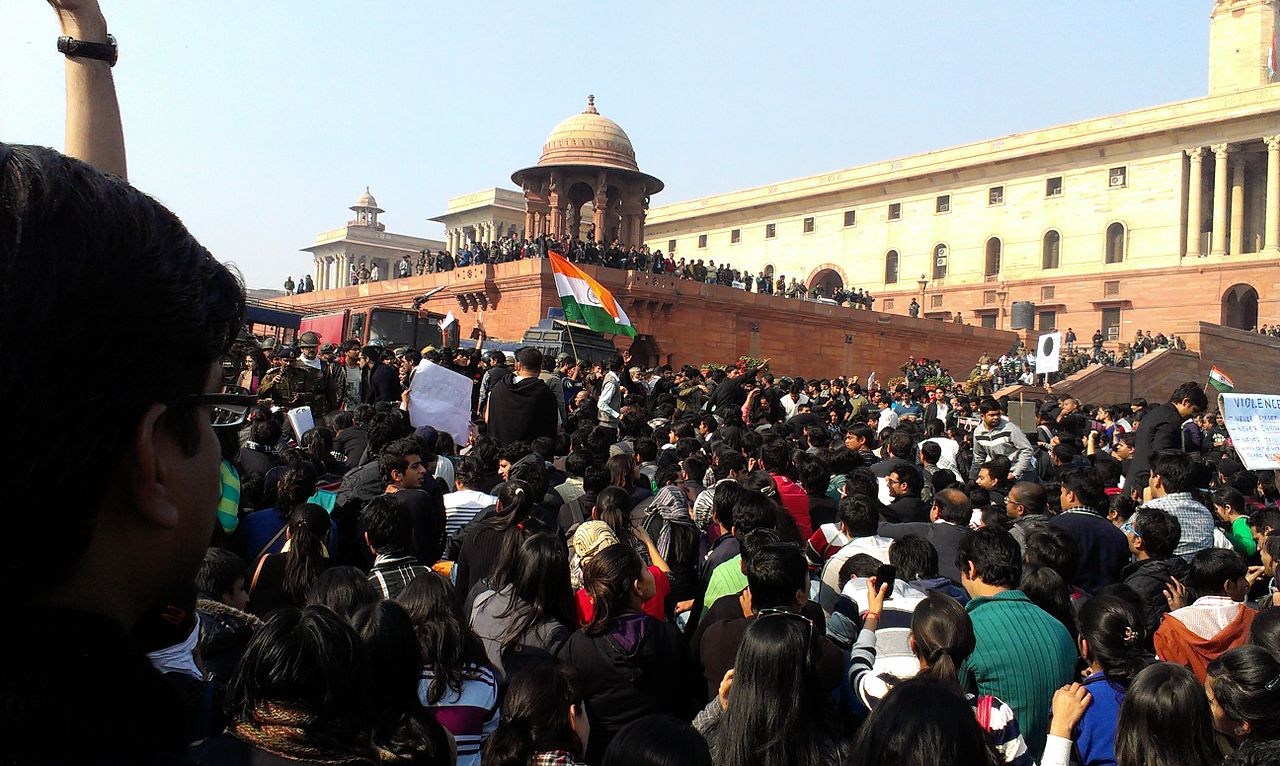
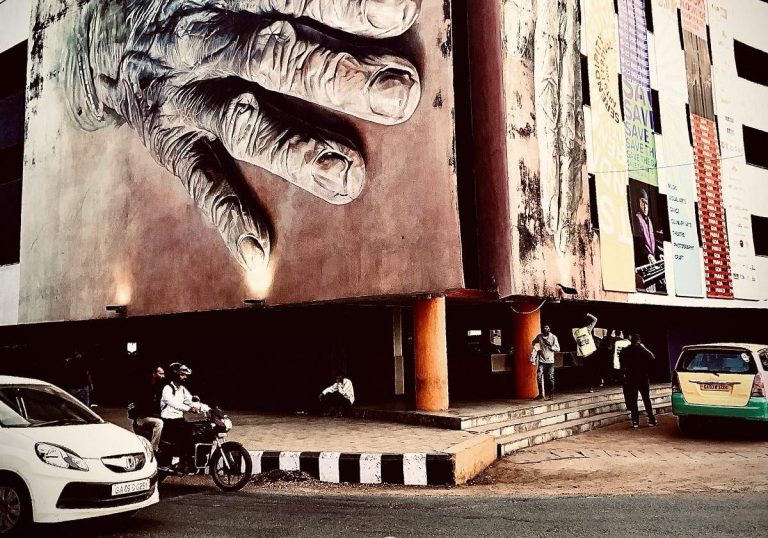
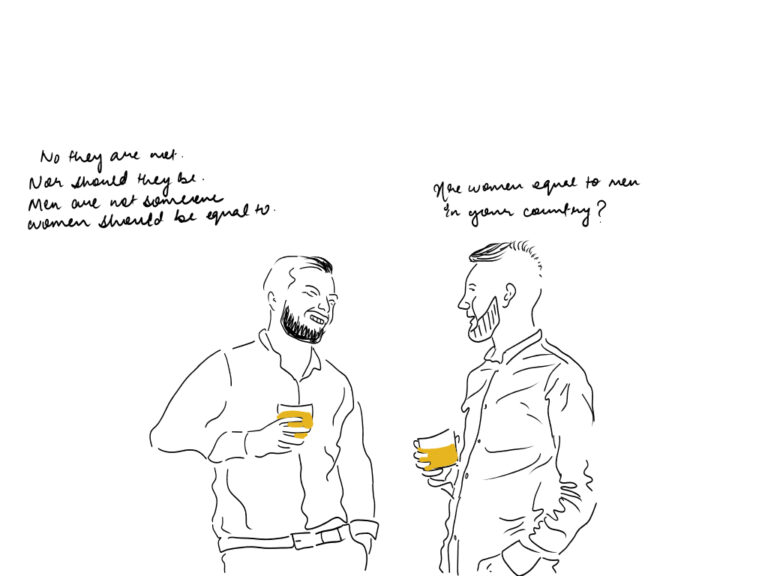
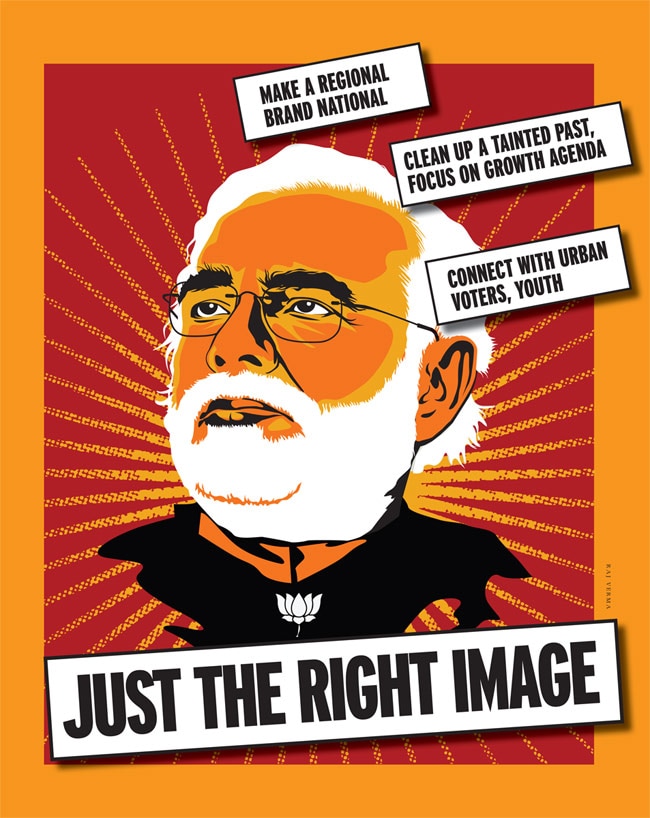
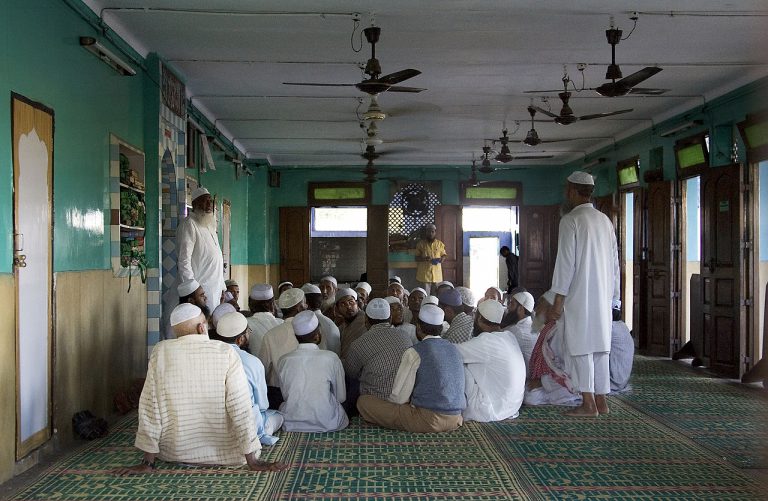
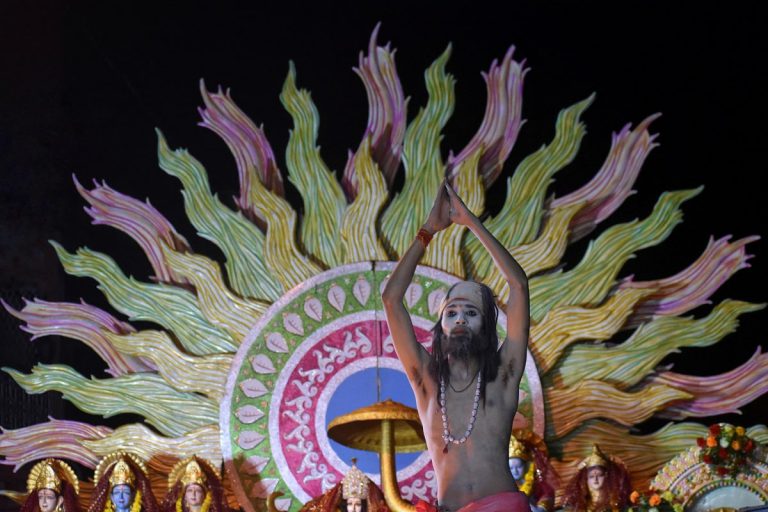
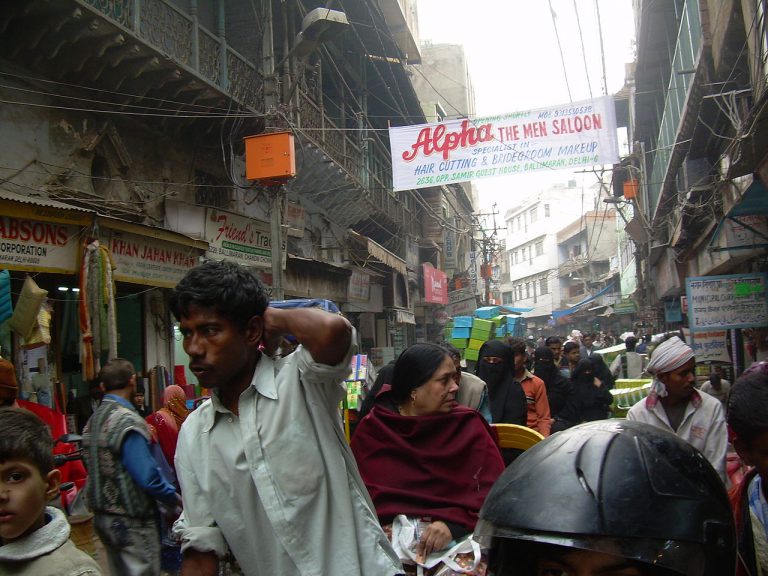
Readers' Reviews (5 replies)